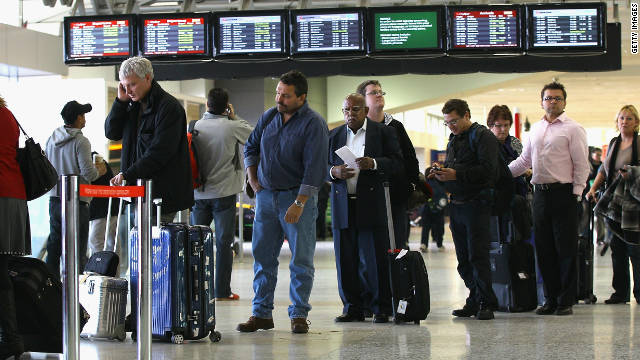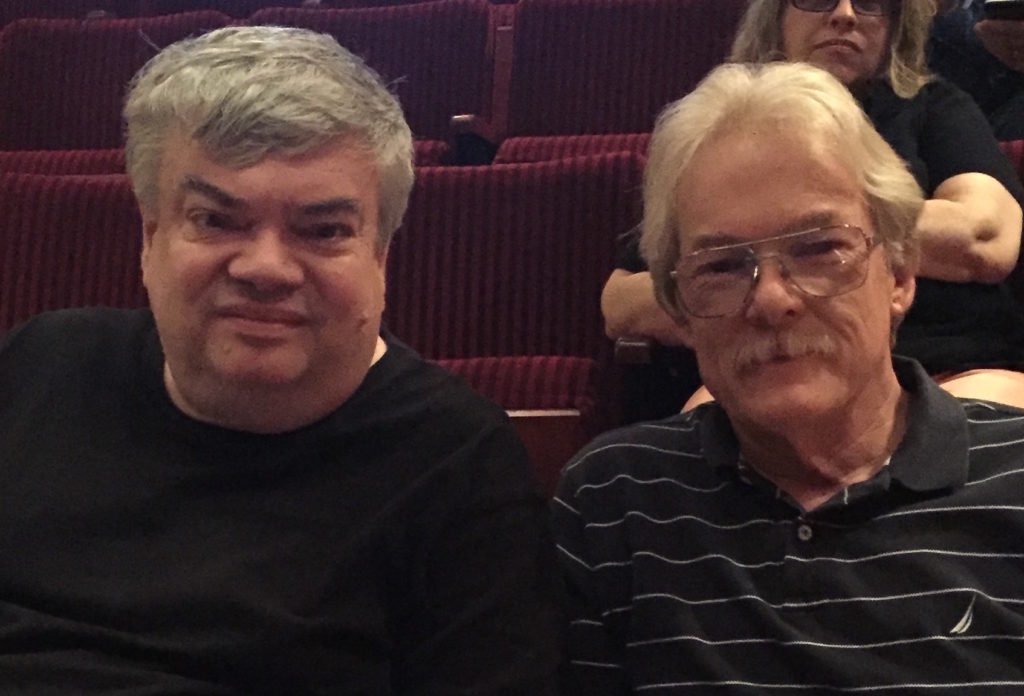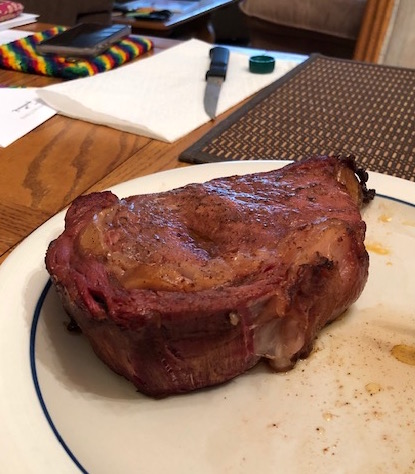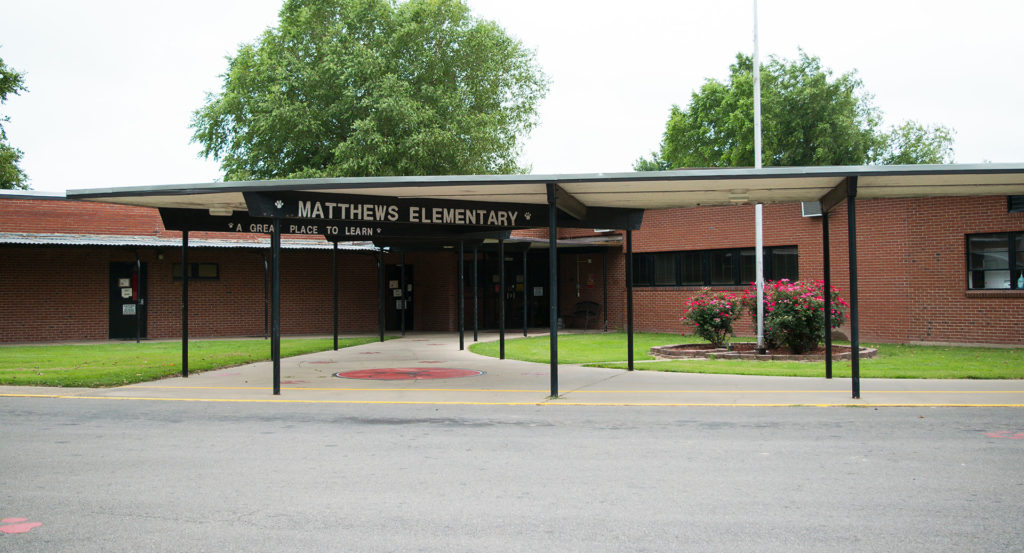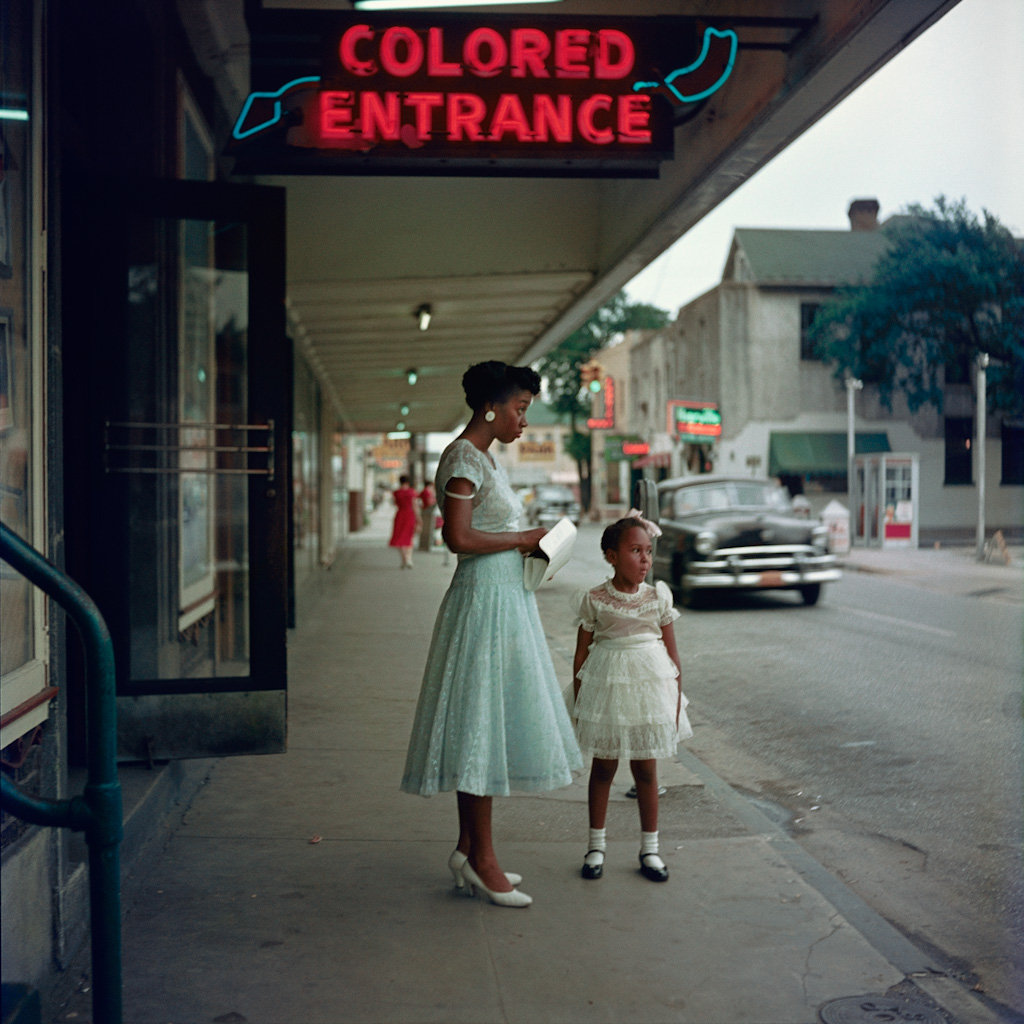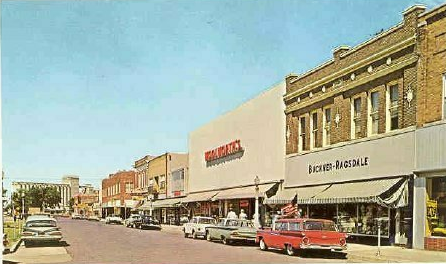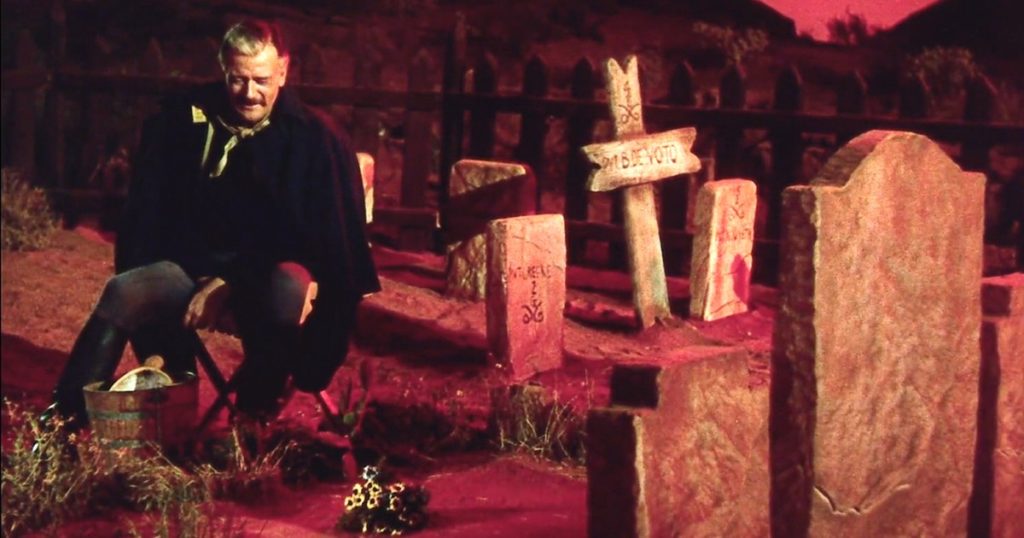
Mrs. T was discharged from New York-Presbyterian Hospital last night and returned at long last to our apartment in Upper Manhattan, weary but happy. Her overall condition is far more stable than I’d expected it to be—she says it’s been months since she’s felt this good—and it now seems reasonable to hope that she’ll be able to wait for the Big Call at the apartment instead of the hospital.
If you’ve kept up with the labyrinthine tale of Mrs. T’s illness-related travails, you won’t need to be reminded of what the two of us have been through since her health first took a frightening turn for the worst (and no, that’s not a typo) last August. What’s more, nobody needs to remind us that things could still get worse, suddenly and without warning: we’ve been there, over and over and over again. All we can do now is follow the doctors’ orders, revel in being together again, and hope for the best. That’s our plan.
To the countless people who’ve sent us good wishes: bless you all. We hear you loud and clear, and it means the world.

